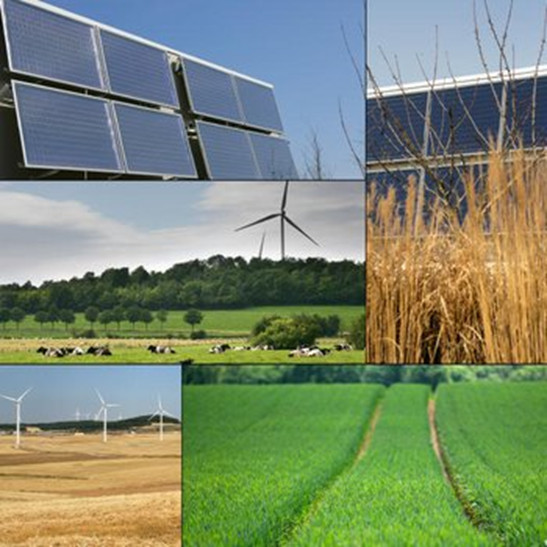
The present largely fossil-based energy and transport systems have large health impacts and related externality costs that are expected to decrease in a transition to a renewable-based energy and transport systems. However, renewable energy and transport systems also have impacts and externalities and there are many options for the future mix of renewable energy and transport technologies and many pathways to a low carbon society that at the same time minimizes the negative effects on natural resources, environment, and human health.
A future sustainable energy system is likely to utilize mainly local energy sources and to be diverse, complex, decentralised, and yet internationally connected. It will be based on energy conservation and efficiency, and renewable energy sources and technologies. Bioresources will play a larger role as source of energy e.g. agricultural waste (straw, manure), sewage sludge, industrial and household organic waste. Wood stoves have a large penetration and substantial usage in Denmark and are promoted as an energy source that is CO2 neutral, cosy and inexpensive but has very large health impacts, related welfare economic costs and is not climate neutral due to emissions of short-lived climate pollutants (BC). To balance supply from variable renewables with demand of energy requires developments within technologies, storage, infrastructure, smart grid and flexible energy use.
Transportation is a particular challenge as it is almost entirely based on fossil fuels and the penetration of more energy efficient technologies and alternative renewable fuels is slow compared to other sectors. Transportation is also socially complex as travel demand and patterns are inter-linked with development in incomes, demography, land use, division of labour, values and lifestyles etc.

The SGA for Sustainable Energy and Environment has expertise on environmental impacts and externality assessment of energy and transport systems within:
These impacts and externalities can be described in space and time using a system and sectorial approach and may use LCA or well-to-wheel methodologies for assessment of individual technologies e.g. alternative fuels for transport like hydrogen, biogas, biofuels and electricity.